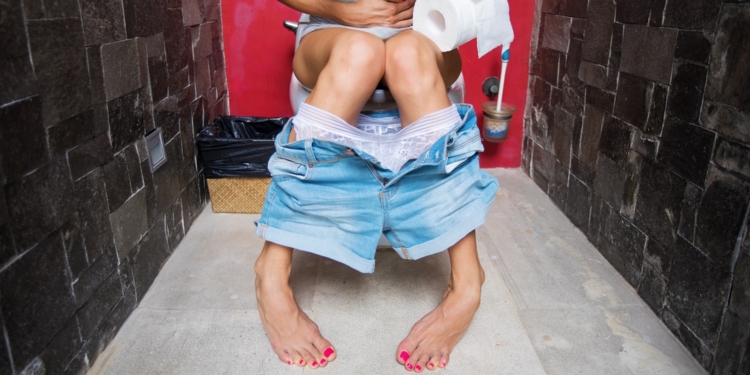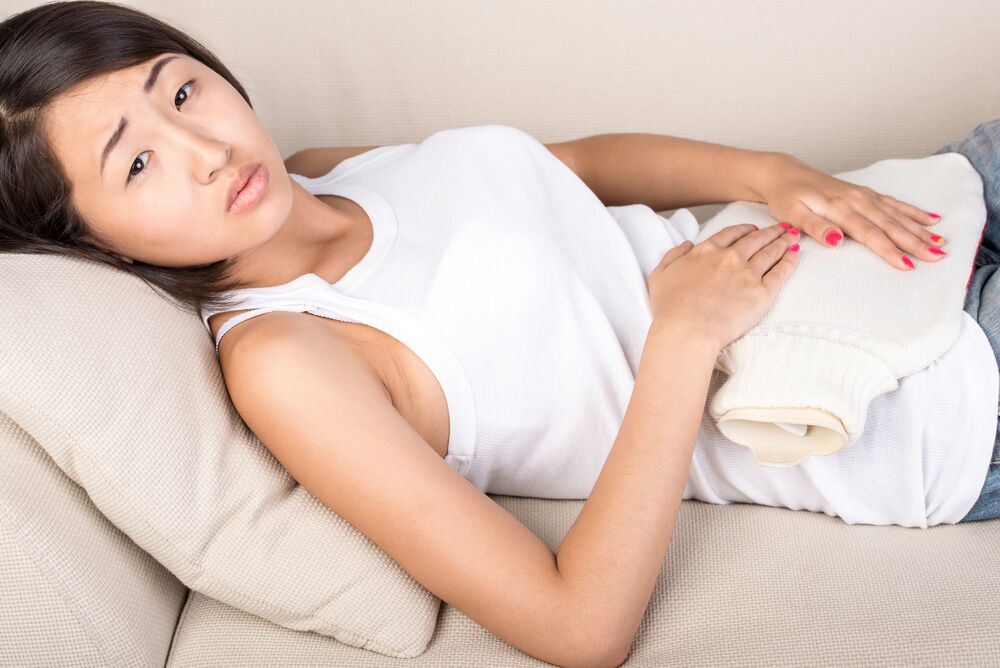Diarrhea before your period
Cramps, bloating, back pain, sore breasts, and mood swings are all common symptoms of premenstrual syndrome (PMS). Diarrhea is another symptom you might experience before getting your period.
If you’ve found that your diarrhea appears before your period, you’re not alone. Many people experience severe diarrhea with PMS. Your menstrual cycle and digestive system are closely linked.



